As a result of U.S. House Speaker Nancy Pelosi's visit to Taiwan, China has suspended China-U.S. talks on climate change and all the consequences should be borne by the United States, a Chinese Foreign Ministry spokesperson said Wednesday.
"Firstly, the countermeasures taken by China are justified and a reasonable response to Pelosi's provocative visit to Taiwan," spokesperson Wang Wenbin told a daily news briefing.
China has repeatedly made clear to the U.S. side that the one-China principle is the political foundation for China to develop bilateral relations with other countries, he added.
In disregard of China's strong opposition, Pelosi insisted on her provocative visit to China's Taiwan region, seriously harming China's sovereignty and territorial integrity, he said.
This trip was in fact conducted with the connivance and support of the U.S. government, which has undermined the political foundation of China-U.S. relations and is bound to cause major disruption to bilateral exchanges and cooperation, Wang added.
"Since China has already said this before, the U.S. side should not be surprised," he said.
Secondly, all the consequences of the suspension of China-U.S. talks on climate change, which is a result of Pelosi's visit to Taiwan, should be borne by the U.S. side, Wang said.
"As a responsible major country, China will, as always, take an active part in international and multilateral cooperation on climate change," he added.
China will remain committed to the goal of carbon peaking and neutrality, take an active part in negotiations on major channels of climate change, provide support and assistance to other developing countries within its capacity, and make its own contribution to tackling the global challenge of climate change, Wang said.
Thirdly, the U.S. side should earnestly undertake its historical responsibilities and obligations in the field of climate change, Wang said.
"China has always maintained that in tackling climate change, we cannot rely on shouting slogans without taking action," Wang said, adding that the U.S. Supreme Court has recently passed a ruling limiting the Environmental Protection Agency's authority to regulate greenhouse gas emissions.
Also, the United States has used Xinjiang-related issues as an excuse to impose sanctions on China's photovoltaic companies, which has directly undermined the atmosphere of China-U.S. cooperation and the efforts of China and other countries to address climate change, he said.
"Such a contradictory approach has raised doubts about the ability and determination of the U.S. side to deal with climate change. The United States should earnestly fulfill its historical responsibilities and due obligations in addressing climate change and stop making excuses for its inaction," he said.










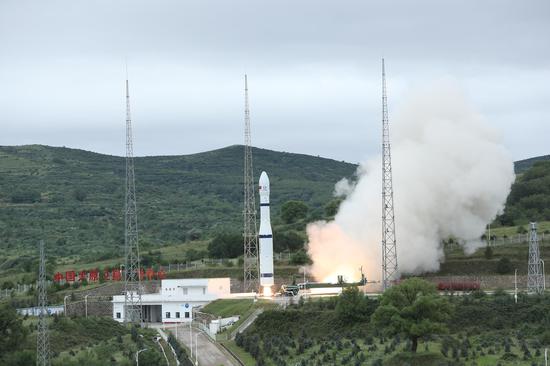

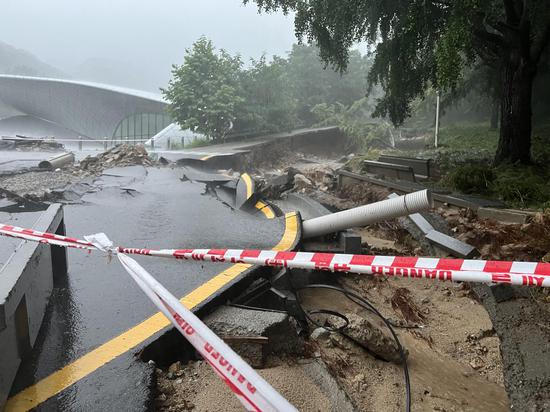


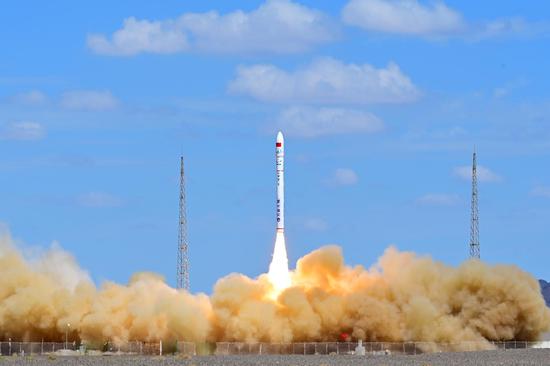

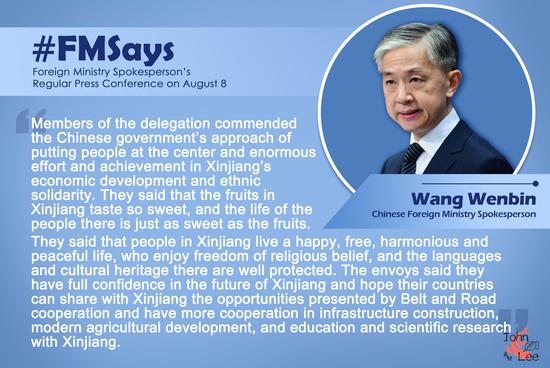
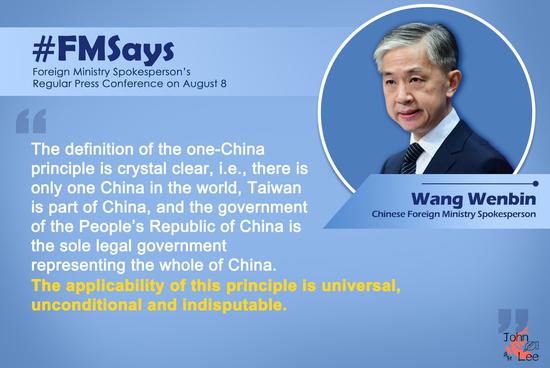
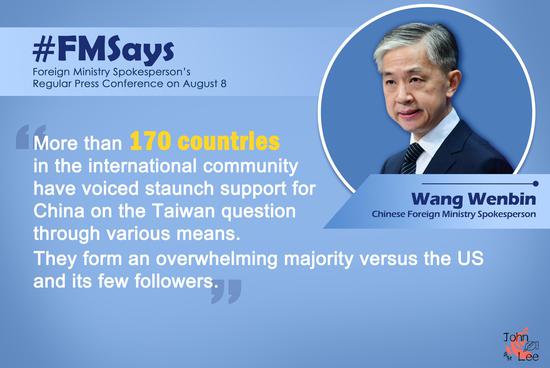





















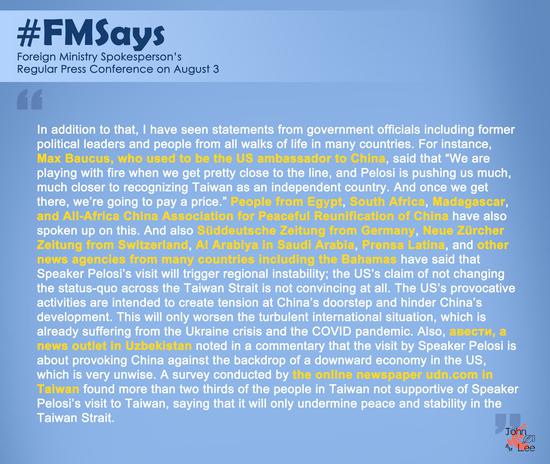
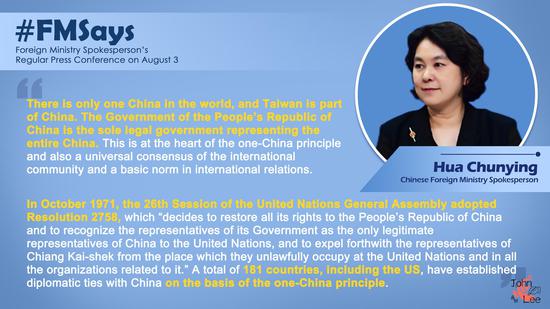
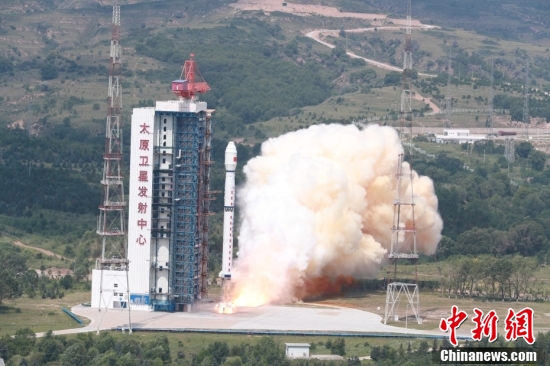





 京公网安备 11010202009201号
京公网安备 11010202009201号